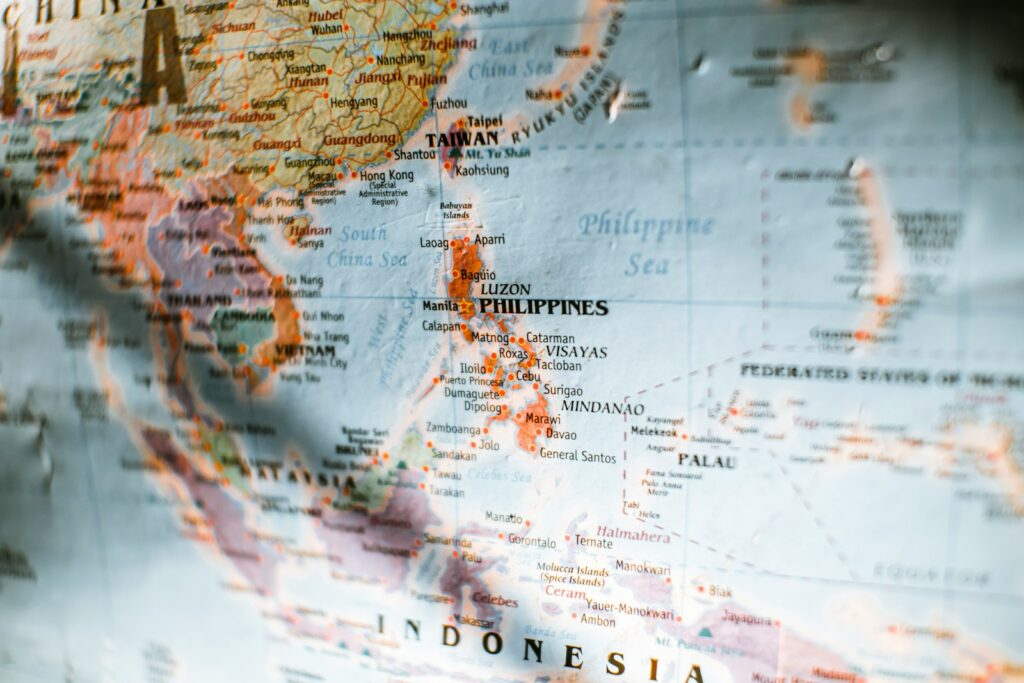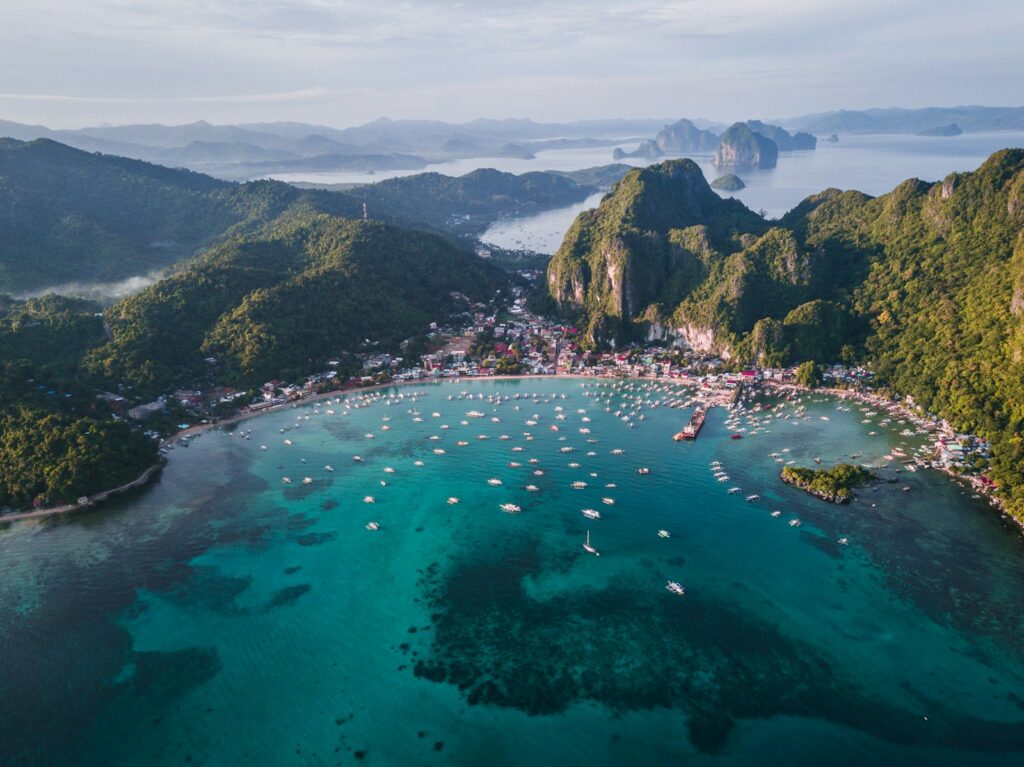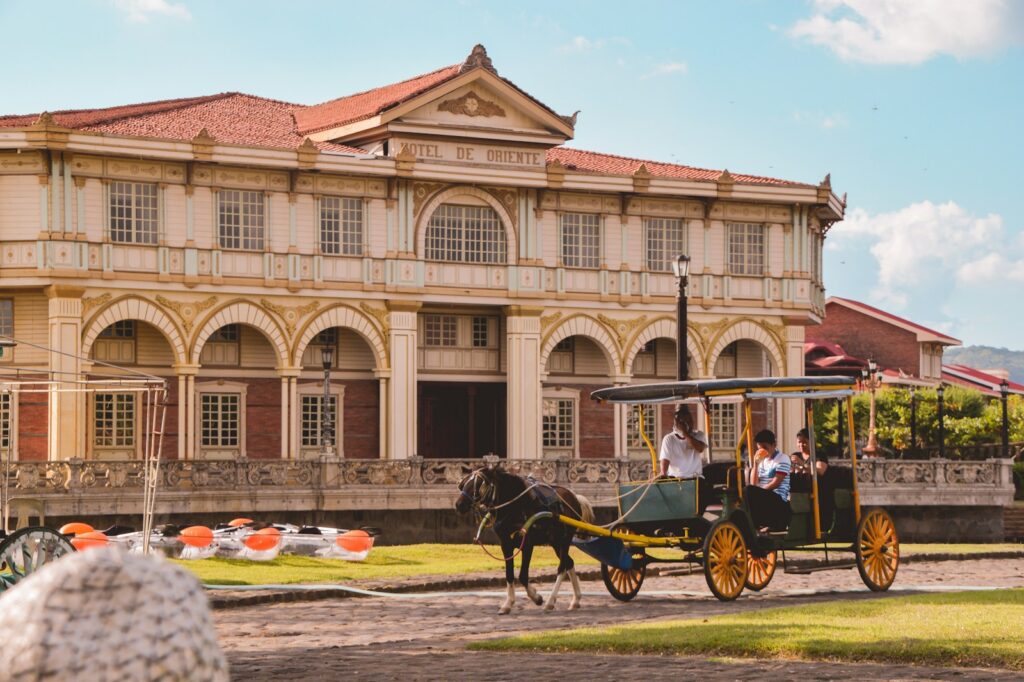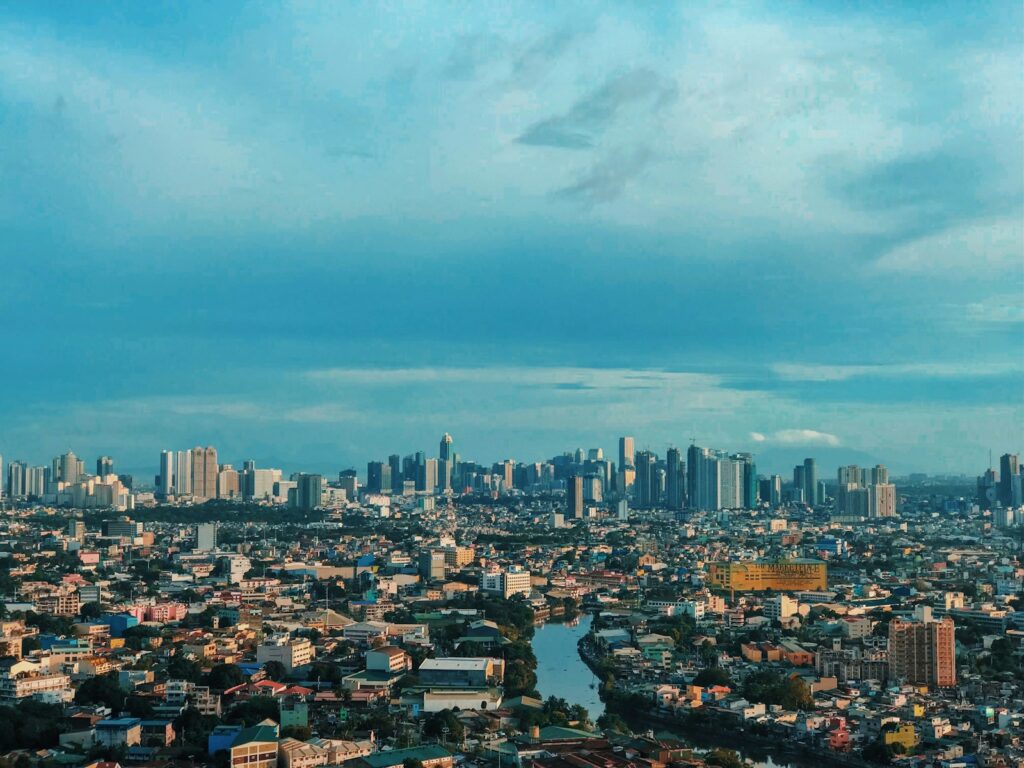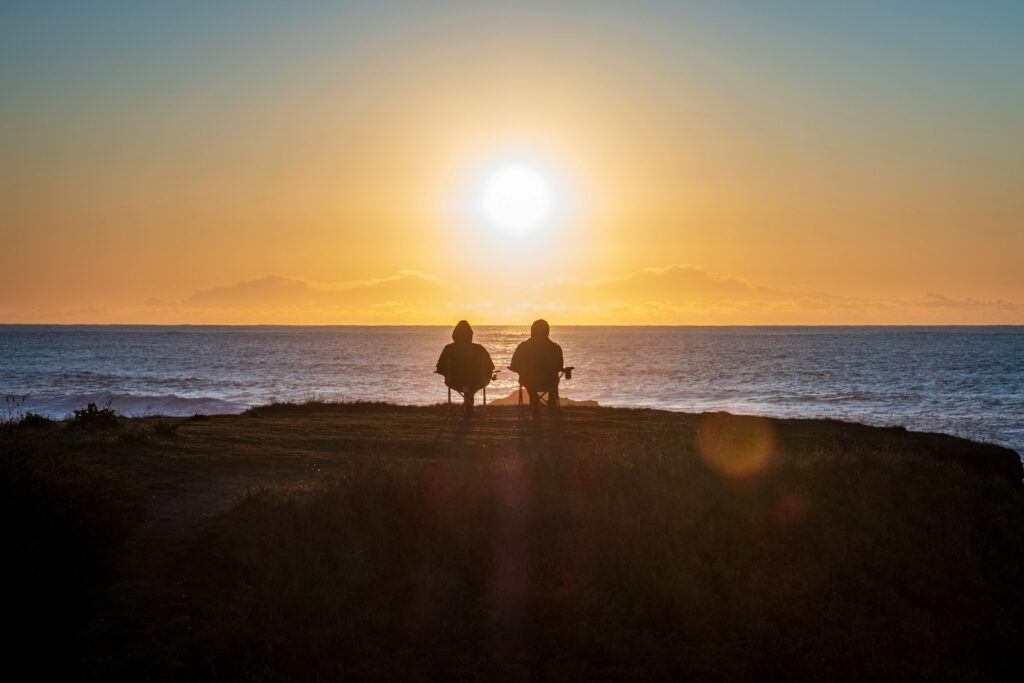Why Retire In The Philippines?
Introduction
In this article, I will outline one of my retirement plans. It isn’t the most common plan. But It’s something that I’ve considered for a while now. The plan that I am considering a Philippines retirement plan. Why would I consider such an option? And why might you consider this too? There are certainly many benefits. Let’s see!
Table of Contents
ToggleRetirement Planning
All good financial planning involves careful consideration of retirement. The traditional life path generally revolves around working for most of your life, saving enough to retire in your 60s (likely 65-67) and enjoying a comfortable time of less stress and more freedom.
Retiring at 65, 67 or even 70? That’s a long life of work. And as people struggle more and more to become financially independent, more people are even likely to need to work longer. But what if you could change this story? What if you could retire earlier? Much earlier.
Reducing spending, increasing investment and planning for retirement early has seen large numbers of people retire early. The FIRE movement (Financial Independence Retire Early) popularised this idea of finding ways to quit work as early as in your 30s. But this is an approach that prioritises sacrifice, frugalism and a reliance on the stock market. It works. But there could be other options. Especially for those who didn’t start their plan early enough.
As people live longer and financial challenges grow, many people are looking outside of their own countries’ borders for more exotic and more affordable retirement options.
Interesting Alternatives
Finding a place to retire where the cost of living is much lower than where you currently live could be an alternative route to an early retirement. One option that I am considering myself is retirement in the Philippines. A ‘retiring in the Philippines’ plan requires research, analysis of pros and cons and getting on track with your finances long before the plan comes into effect.
I currently live in Thailand. This is one of the most popular retirement destinations for Westerners. Tropical weather, beautiful beaches and low costs make Thailand an obvious choice. Retirement visas are reasonably accessible as well. So I could definitely consider this option.
But I have a special connection with the Philippines. It’s where I started my international teaching journey and it’s also where my wife and two daughters were born. So I want to break down the pros and cons of retiring there. This article provides my insights as well as the research that I needed to conduct to be able to properly consider this as an option.
Increasing Trend of Retirees Choosing the Philippines
In recent years, even decades, there has been a noticeable uptick in Western retirees choosing the Philippines as their preferred retirement destination. Data indicates a substantial increase in the number of expatriates from Western countries, particularly the United States and Europe. Similar trends exist for retiring in other destinations such as Thailand as well as Latin America.
Some Benefits of my Philippines Retirement Plan
Some of these are quite obvious to me, having lived there before and having holidayed there many times. But you may have never been, so I’ll provide the basics.
Retiring in the Philippines offers a myriad of benefits that make it an increasingly attractive destination for retirees. It’s seen as an idyllic and affordable retirement lifestyle. The tropical paradise of over 7000 islands boasts breathtaking landscapes, from pristine beaches to lush mountains, providing retirees with a visually stunning backdrop for their golden years.
One of the standout advantages is the affordable cost of living, allowing retirees to stretch their pensions or savings further. The welcoming local culture and friendly communities along with the extensive use of English can make it easier for expatriates to integrate into their new home.
The country’s healthcare system is evolving and becoming more expatriate-friendly, ensuring access to quality medical care.
With a diverse range of locations, retirees can choose between bustling urban centres or serene rural areas, tailoring their retirement experience to match their preferences.
Cost of Living Advantage
Retiring in the Philippines presents a compelling financial advantage when compared to countries like the United States. The cost of living is significantly lower, with housing expenses, on average, about 73% cheaper than in the U.S.
Groceries and dining costs are approximately 50-60% less, providing retirees with the opportunity to enjoy a diverse culinary scene without breaking the bank. Healthcare expenses, a crucial consideration for retirees, are substantially reduced, often reaching only 20-30% of the costs in the United States.
This sounds great but requires some clarification. Though health care (and dental) is a considerable reduction in costs, food may not be such a drop. If you eat mostly local food and shop in local markets then your costs will be extremely low. But if you choose to eat mostly Western food and dine in restaurants then you will not notice such a difference.
Language, Culture and Friendships
Having been under the control of the United States for almost 50 years up until 1946, it’s no surprise that English is very widely spoken. Most Filipinos speak English, though this is less obvious in rural areas.
Culturally, the Philippines stands out in SE Asia as a bit of an outlier. As well as speaking more English than any other country in the region, it is also predominantly a Christian country due to its earlier Spanish colonization. These factors make the Philippines a slightly easier place to adjust to for those coming from Western countries.
When I lived in the Philippines in 2004, I was able to pretty easily make local friends due to having few communication problems. I still have many close friends there today. This is something that I have not found in other countries where I have lived. In Thailand, the language barrier can be an issue, which has meant that I have few Thai friends.
Practical Considerations
Anyone planning to retire abroad needs to consider some practical things. For example, should you buy or rent your accommodation? Foreigners are not permitted to buy land in the Philippines, but condo units are accessible. Many choose to rent, which provides more flexibility.
You may want to take some time to decide between city life in either Manila or Cebu or try out living in provincial areas or outlying islands. You may also want to consider if a tropical climate suits you. If it doesn’t, then Baguio City in the northern part of the country offers a pleasant cooler option. I lived here for two years and loved it.
Of course you also need to understand the different visa options available. It is certainly possible to reasonably easily obtain a retirement visa, but the Philippines can be a little bureaucratic and things can take time. If you are married to a Philippine citizen these things tend to be a little easier.
What Are The Negatives?
The negatives really do depend on the individual. Many people love hot tropical weather and spending a large amount of time by the beach. Others struggle with the climate. As well as hot weather, there can be long periods of rain during the wet season. There can also be typhoons, flooding and the occasional earthquake.
The Philippines can at times be frustratingly inefficient, hence some things can take a long time and patience can be a real virtue. Don’t expect everything to work perfectly. Similarly travel can be slow due to traffic as well as the challenges of moving so many people around a mainly island nation. Infrastructure is well below that of Thailand.
The Philippines is generally quite safe. But crime levels are probably a little higher than in some alternate retirement destinations. Using commonsense and being aware of scams and possible dangerous situations will keep you out of danger.
What’s My Plan?
My wife and I recently purchased a studio apartment in Cebu City. This is partially an investment property but offers us the option of having a base in the Philippines. My thoughts are that I would like to spend the majority of time each year in the Philippines and the remainder of the year in Australia. This reduces our costs in our retirement years.
The benefit of this is also the possibility of being able to reduce work hours a little earlier than the traditional retirement age.
I like the idea of retiring in more than one country. This allows one to maintain connections with your home country while also having new experiences and reducing the costs of living.
Many retirees will be relying on a pension from their home country, so it is crucial to understand the rules regarding eligibility for a pension when living abroad. For example, you may lose some or all of your pension if you are living overseas. Or you may potentially keep it all if you live overseas for 6 months or less.
Preparing Your Financial Plan
Regardless of where you decide to retire, you need to have a solid financial plan in place as early as possible. Ideally you should have been sending a percentage of your income to a retirement fund for decades. You should be investing in index funds and setting a target amount that allows for safe annual withdrawals without risking your balance falling too low. The usual plan involves living off 4% of your retirement fund annually.
Having a monthly pension makes your plan a lot easier. But having other sources of income whether it be passive or partially passive will help make your retirement of a higher quality. Owning a rental property in your home country could cover your entire expenses if you retire somewhere like the Philippines.
Do We Really Want To Retire?
Though I’ve referred to the word retirement, I do so reluctantly. I’m a long way from retirement age and don’t plan on contemplating a lifestyle of sipping cocktails on the beach every day for decades. I prefer to think of semi-retirement which starts a little early but continues right until the end.
We live in a time where there are limitless options to continue to earn income well past your average retirement age. Through online businesses, real estate investments and numerous passive income possibilities it is desired in my opinion to continue to be earning and to even continue to work in some capacity well into your eighties. The internet has made working from anywhere in the world much easier.
Conclusion
If you are worried about what your quality of life might be like in retirement, then you may be well advised to consider retiring in the Philippines. It is quite possible to have a much higher quality of life compared to any Western or other highly developed country. It is a reasonably easy adjustment for most Westerners and it offers opportunities for further travel and cultural experiences that could not otherwise be experienced.
Living overseas can be amazing. It could also allow you to reach that magical retirement (or semi-retirement) age a few years early. I’m seriously considering it. And I think you should too.
I think I will write further details on this topic. Please drop me a comment for suggestions of things that you would like to know more about.
Related articles:
https://thefinanceteacher.com/change-your-life-by-making-the-move-overseas/


